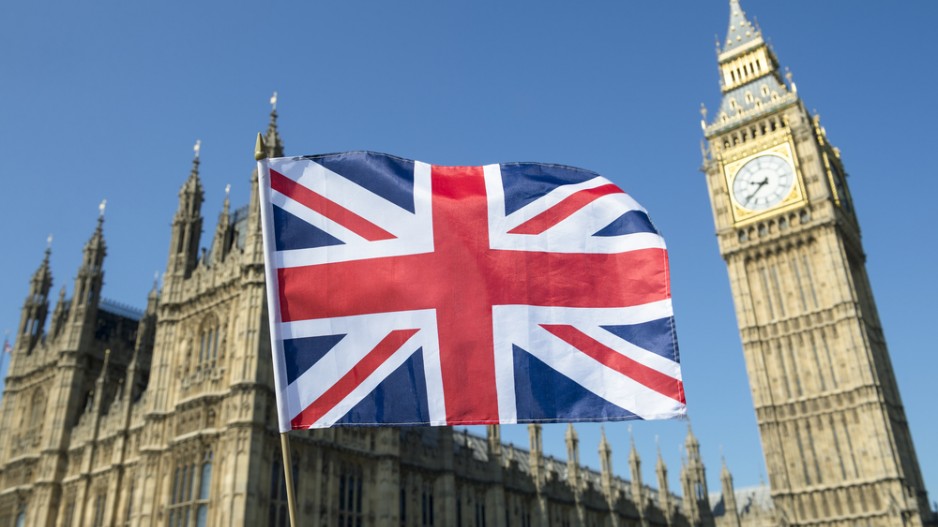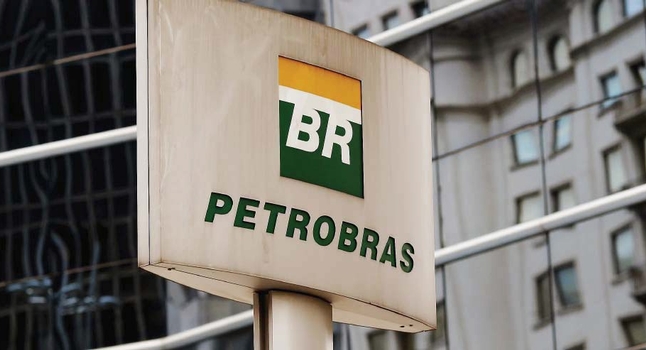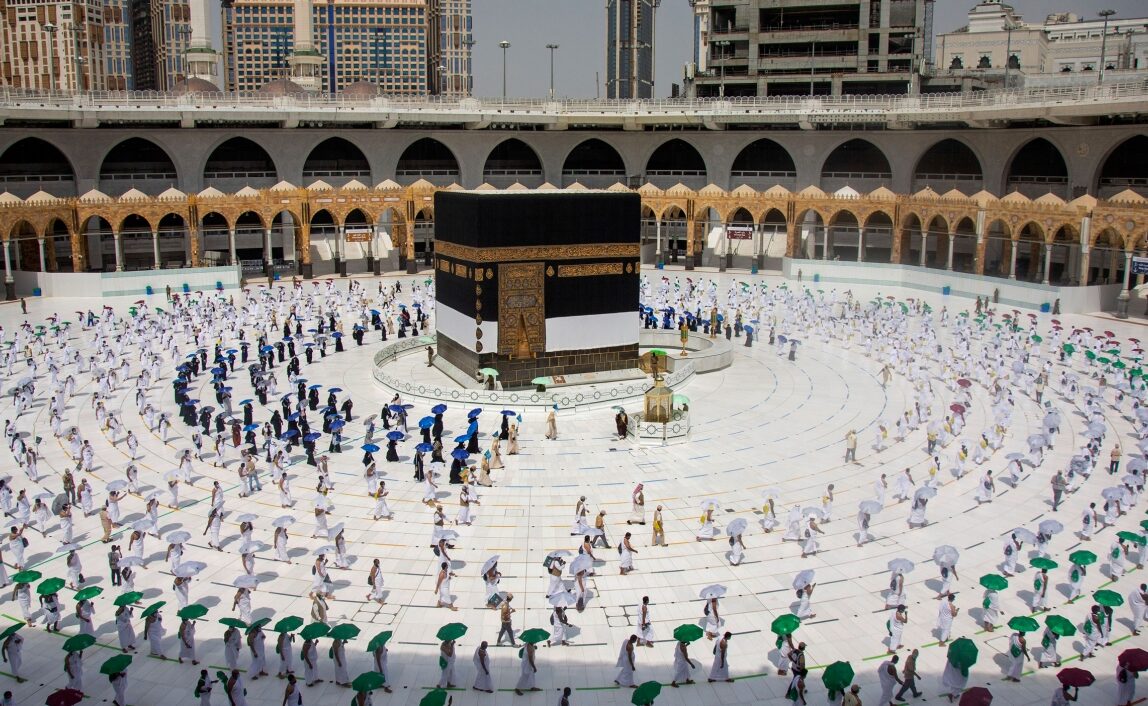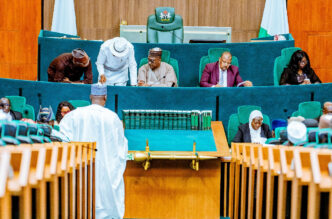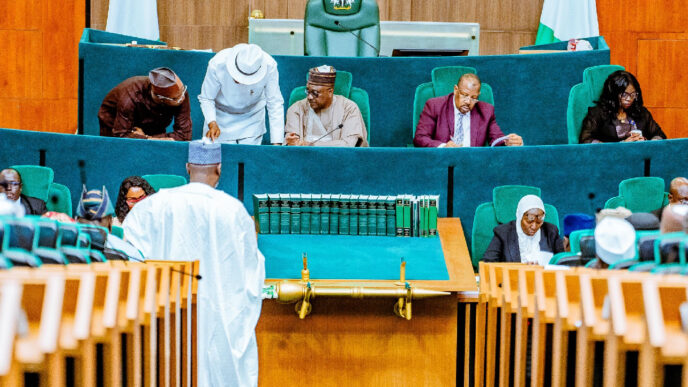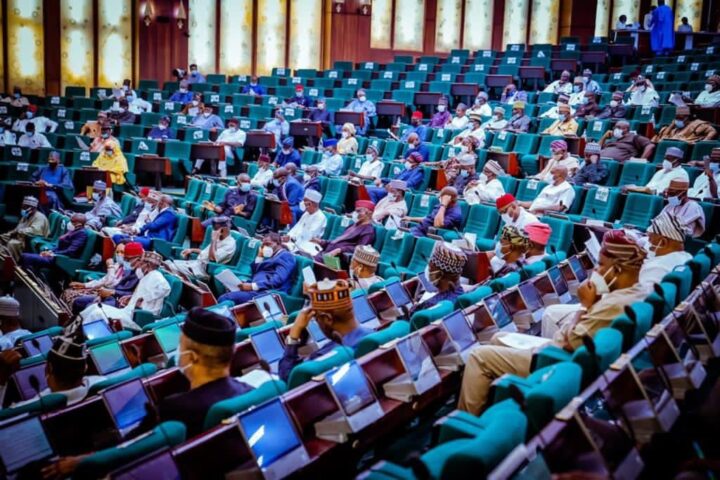South African President Cyril Ramaphosa has sparked controversy by labelling a group of 59 white Afrikaners who relocated to the United States as “cowards.”
Gatekeepers News reports that the group arrived in the US on Monday after President Donald Trump granted them refugee status, citing racial discrimination in South Africa.
According to Ramaphosa, the Afrikaners who left were unhappy with the country’s efforts to address apartheid-era inequities, and their relocation is “a sad moment for them.” Ramaphosa emphasised the resilience of South Africans, saying, “As South Africans, we are resilient. We don’t run away from our problems. We must stay here and solve our problems. When you run away, you are a coward, and that’s a real cowardly act.”
The controversy surrounding the Afrikaners’ relocation is tied to a broader debate about land ownership and racial disparities in South Africa. Despite the end of white minority rule over three decades ago, black farmers still own only a fraction of the country’s most productive land, with the majority held by white farmers. Ramaphosa signed a law in January allowing the government to seize privately owned land without compensation in certain circumstances, but insists no land has been seized under this law.
Ramaphosa predicted the Afrikaners would return to South Africa soon, stating, “I can bet you that they will be back soon because there is no country like South Africa.” His comments were met with criticism from some, who view his “coward” remark as an insult to the affected white South Africans. In contrast, US Deputy Secretary of State Chris Landau welcomed the Afrikaners, saying, “Welcome to the land of the free.”
The US Embassy in South Africa outlines specific eligibility criteria for the refugee resettlement scheme, including being of South African nationality, Afrikaner or from a racial minority, and able to cite incidents of past persecution or fear of future persecution. Ramaphosa disputes the US assessment, saying the relocated individuals “don’t fit the bill” for refugees and asserting that Afrikaners are not being persecuted in South Africa.


